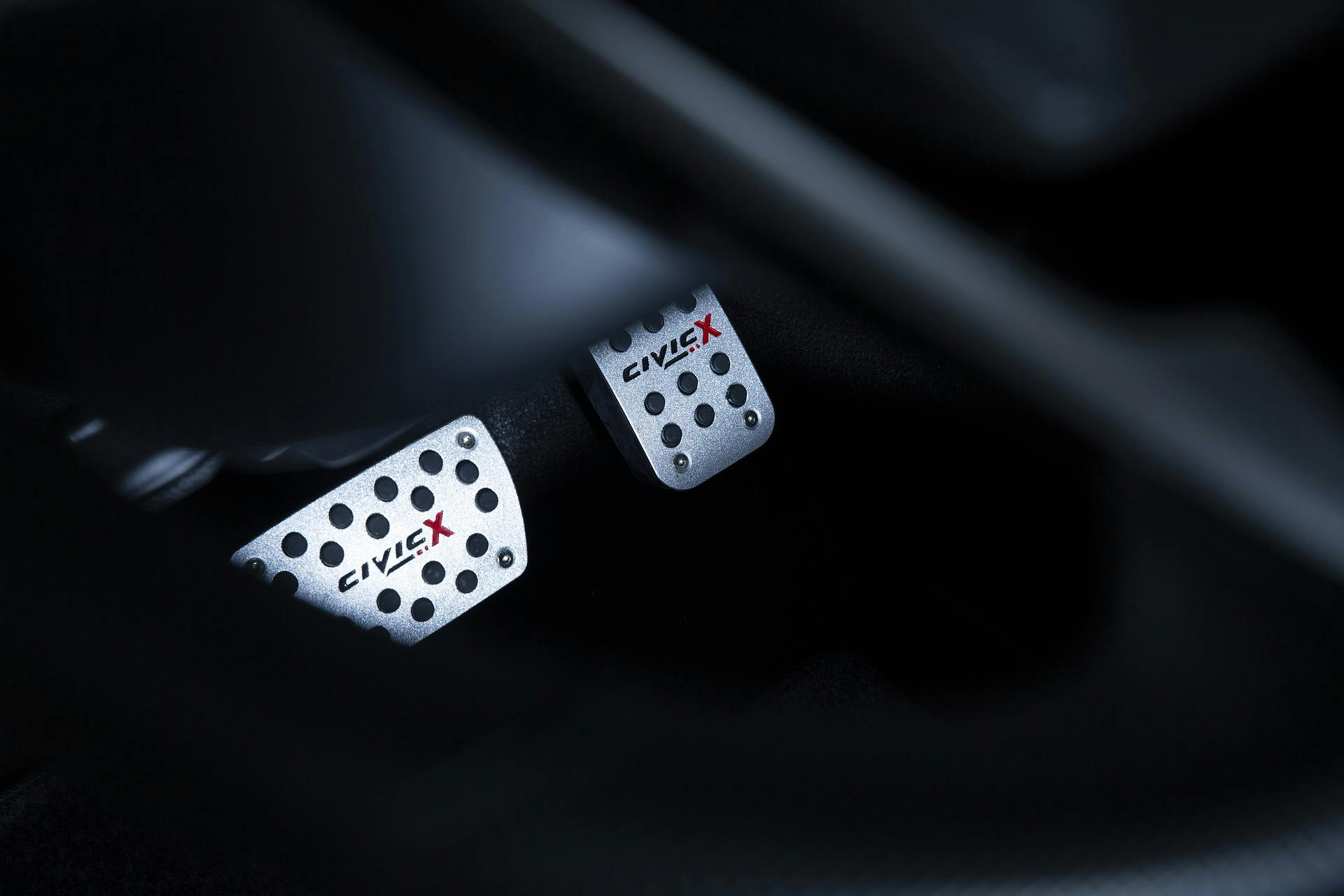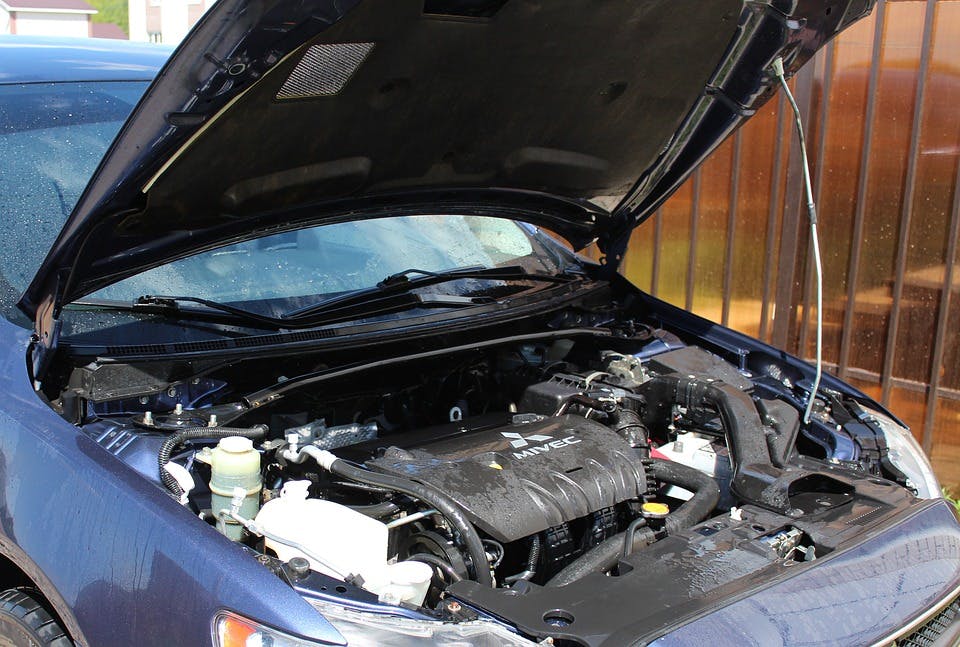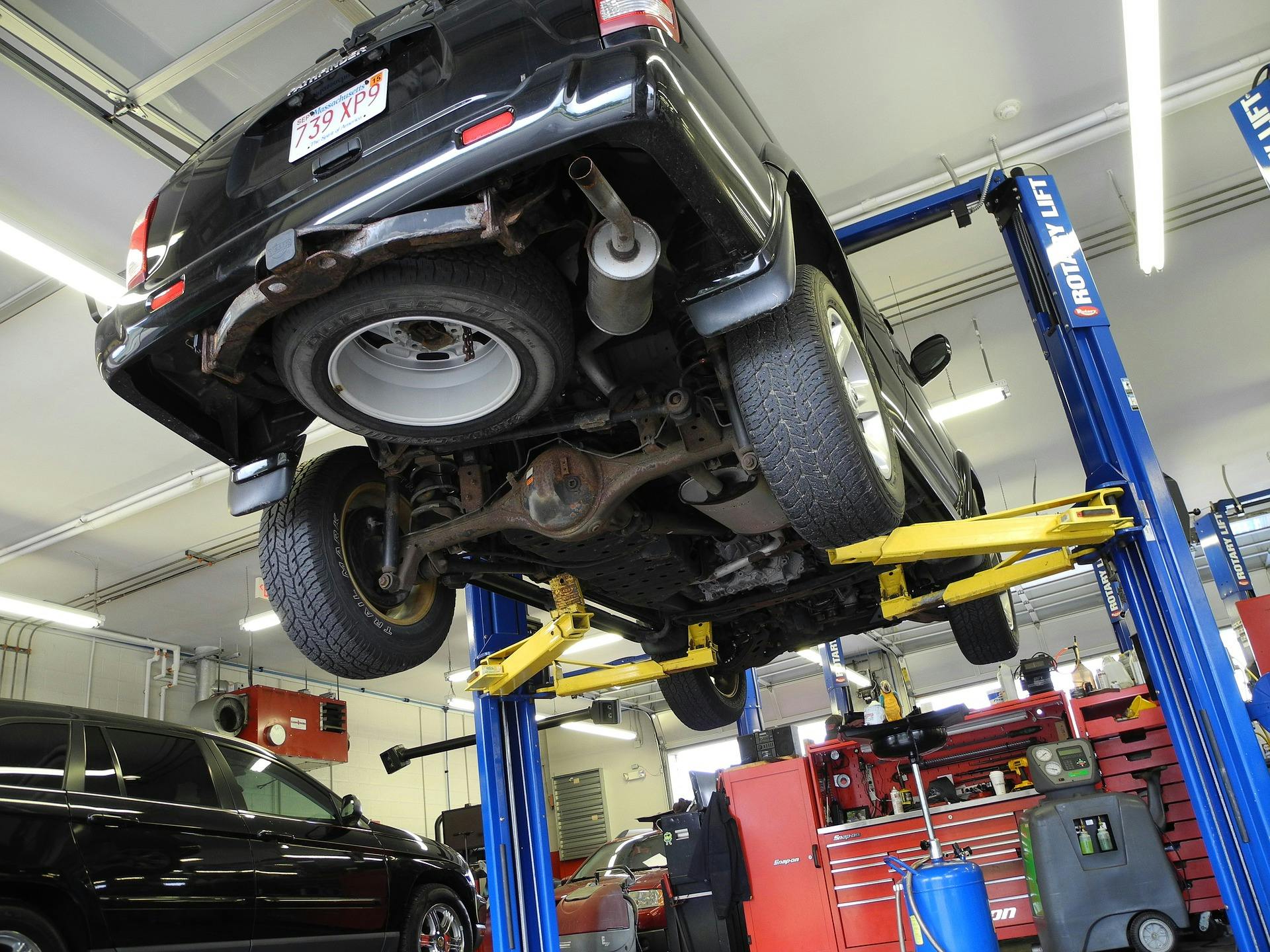If you are in need of auto body repair services in Delaware County, PA
contact our shop located at 5420 Pennell Road in Aston, PA 19063.
Chances are that you or someone in your immediate family has received a vehicle recall notice at one point or another. But despite how common these recalls are, there are still questions many people have about them. These recalls aren’t limited to vehicles themselves either. Tires, jacks, car seats, and more can all be subject to recall. However, for the purpose of this article we’ll be answering eight of the most frequently asked questions regarding vehicle recalls.
When do Vehicle Recalls Occur?

A vehicle recall means that a defect was discovered with a part of the vehicle which compromises safety. For example, if it’s determined that the gas pedal can become stuck in a pressed position, that would be a safety concern. On the other hand, a defunct air conditioner would not warrant a recall because the vehicle can still function safely without it. Regardless of what the issue is, recalls typically don’t occur until data collection and testing are completed to determine the cause of the issues. In an extreme case, a recall may be issued preemptively.
Who can Issue a Vehicle Recall?
The National Highway Traffic Safety Administration (NHTSA) is one of two bodies which can order a recall. However, it’s much more common for vehicle manufacturers to issue a recall themselves before the NHTSA needs to intervene. If a recall is going to be issued either way, it’s much better for the manufacturers to get ahead of the problem by issuing it themselves.
However, in some instances the NHTSA and manufacturer will not agree on whether a recall is necessary. In such cases a court will determine how to proceed by siding with one of the two.
What are the Potential Remedies?
Once a recall has been issued, there are three potential remedies:

- The manufacturer can repair the cause of the issue
- The manufacturer can replace the affected car with a similar model
- The manufacturer can refund the price of the car, minus the amount it has depreciated since being purchased
Of these three options, repairing the issue is the most common remedy. Because repairs often cost less than replacing or refunding, the latter two options are only used if the problem cannot be repaired.
How will I know if my Vehicle has been Recalled?
If your vehicle has been recalled you should be notified by the manufacturer within 60 days of the recall being filed with the NHTSA. This notification will come in the form of a physical letter delivered via first class mail. This letter will include information such as:
- A description of the defect
- The risks posed by the defect not being fixed
- How the manufacturer plans to remedy the defect
- How long this remedy will take
- And what steps you should take next to ensure your vehicle is fixed in a timely manner
In the event that you do not receive a letter from the manufacturer, you will still be eligible to have your car repaired. To determine if you fall into this category, check the recall database on the NHTSA website. It’s recommended that you check this list once every six months.
Where Should I get my car Repaired?
After receiving your recall letter, contact your local dealership to schedule your repairs. Dealerships are often contracted with the manufacturers and are obligated to fix repairs related to recalls. You can also ask about other eligible repair locations which may be more convenient for you.
Are the Repairs Free?
While having your vehicle recalled is never a good thing, there is a silver lining, the repairs are free when done at an approved location, such as the dealership. However, you should bring along your recall letter if you received one to make sure you aren’t charged for the repairs. If the dealer refuses to repair the issue for free, contact the manufacturer — their contact information will be on the letter. If the manufacturer also refuses to repair the issue free of charge, contact the NHTSA.
What if I Already paid for the Repairs?

In some cases, you may have already paid your local auto repair center to fix the issue before receiving notice of a recall. If this happens, the dealership may be required to reimburse you for the cost of the repairs which would otherwise have been free. However, for this to be the case the repairs must have been completed within 1 year prior to the defect being reported to the NHTSA or no earlier than the date the NHTSA opens its Engineering Analysis, whichever comes first. You will also need to produce the receipt for the repairs in question.
Are There Limiting Factors for Vehicle Recall Eligibility?
Finally, there is one more piece of information you should be aware of. While cars older than 10 years may still be subject to recall, repairs for these vehicles are not guaranteed to be free. You do not have to be the first owner of the car, but the car must have been purchased new within 10 years of the recall being issued to qualify for the free repairs.
Conclusion
Nobody wants to go through the hassle of having their vehicle repaired after a recall, but at least you shouldn’t have to pay for the repairs out of your own pocket. However even if your vehicle isn’t eligible for free repairs, the NHTSA recommends that you get the repairs done to ensure your own safety and the safety of those around you. Remember, these recalls are due to defects which compromise the integrity of your vehicle so they shouldn’t be overlooked. And paying to fix it now will usually cost less than waiting until the problem gets worse.
Zingani Collision
If your vehicle is in need of repair, you can trust Zingani Collision to do the job right. Whether you were in an accident or your vehicle has been the subject of a recall, we have the experience to get you back on the road both quickly and safely. Contact Zingani Collision today for your free repair estimate!

